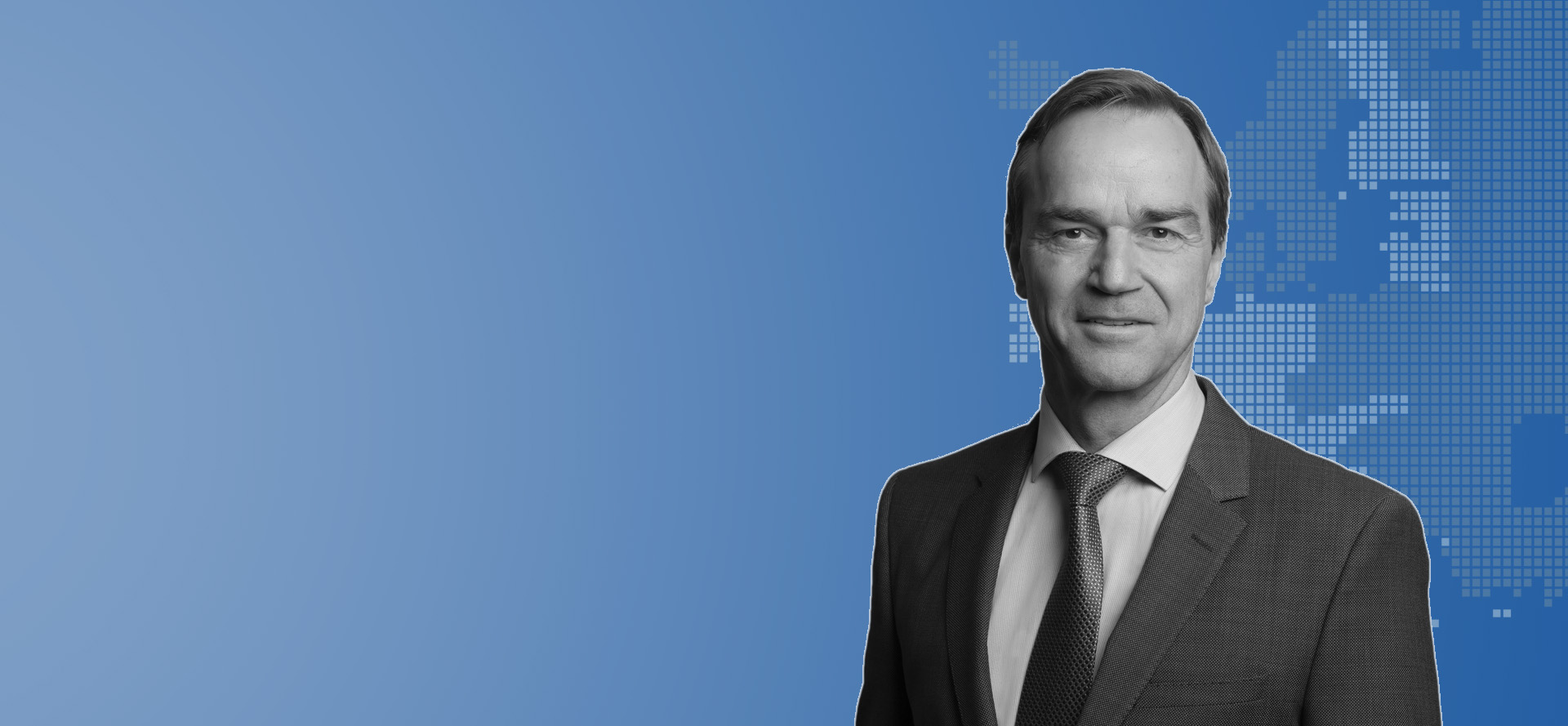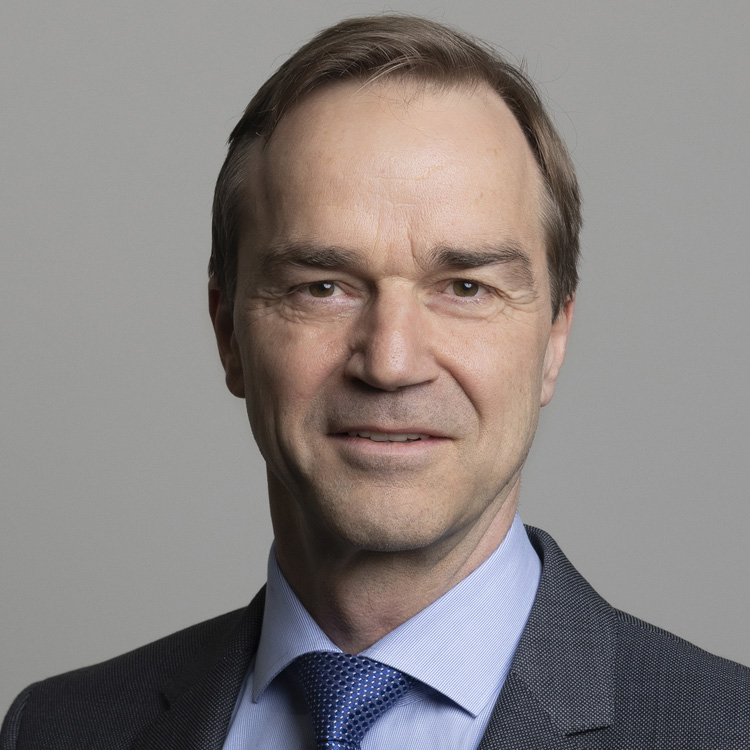Rolf Strauch in interview with Delano (Luxembourg)

Interview with Rolf Strauch, ESM Chief Economist
Published on Delano.lu
20 December 2023 (conducted: 15 December 2023)
Interviewer: Kangkan Halder
Original language: English
Delano: Which trends will shape Europe’s growth in the future?
Rolf Strauch: In the near future, we will have to find a way between the complicated and turbulent cross-currents that characterise our economic environment now. I’m thinking of several intertwined challenges: bringing down inflation back to target, dealing with the rapid increase in global interest rates, and resolving geopolitical tensions.
But there are other, slow-moving deeper changes that will have an impact on the way we live in the longer term. These mega-trends are ageing, climate change, and the fragmentation of the existing economic relationships as we know them.
How can Europe navigate the challenges of geo-economic fragmentation to maintain its global economic stance?
Europe has greatly benefited from deeper trade and financial integration over the past two decades. Our surplus in trade – when one’s exports exceed imports – with the rest of the world went up by 5% of GDP between 2000 and 2020. This was an enormous increase reflecting Europe’s competitiveness in the global economy.
But this high trade openness also means higher vulnerability. Europe is more vulnerable to possible disruptions, reconfigurations, or reversals in the flow of goods, services, and capital. This is what is referred to as the risk of geo-economic fragmentation.
What can we do about this?
The best way to address the risk of geo-economic fragmentation is by diversifying supply chains to more countries, especially critical inputs for manufacturing, or relocating production back to Europe. This would ensure to some extent against a repeat of the large dependency on imported gas from Russia that we had before the war.
We can also do more to boost the European Single Market. With access to 447 million customers,1 the Single Market is unique in the world for its landscape of companies and skills and its unparalleled scale, achieved through common rules and standards.
With the focus on climate change, how can Europe balance economic growth with environmental sustainability? And what key policy measures should Europe and the ESM undertake for effective mitigation?
Addressing climate change should be our main task. We owe it to future generations to get it right. Now, we face the choice of how to absorb the inevitable costs that climate change entails.
I see two prevailing options: either we decide to invest much more in mitigating and adapting to climate change – mainly by dramatically scaling up green infrastructure and creating green jobs – or we will have to cope with the economic damages from extreme climate events and loss of biodiversity, which will disrupt trade and investments.
Climate change will affect some countries more than others. That is why we must think about an insurance mechanism that protects people in particularly exposed countries against rare but severe climate events. At the moment, this discussion is still at a very early stage. Colleagues at the ESM contributed to this debate by thinking about how this insurance gap could be filled.
How will the demographic shift impact Europe’s economic growth and stability in the coming decades?
Ageing is an interesting phenomenon. We strive to live longer. But economists have a rather sober view on ageing: for the economy, it means an increasing share of the population will generate demand for goods and services, but no longer contribute to its economic activity. This will slow down growth, innovation, and economic dynamism.
On top of that, ageing carries costs, through longer payment of pensions and higher expenditure for medical and long-term care. These costs will rise faster and will reach different levels in different countries.
Proactive and courageous reforms at the national levels are key. Pension reforms are never popular. But one should not shy away from difficult but necessary reforms, which essentially ensure that the pension system of today will also be there for the next generation of retirees.
Finally, immigration can partly alleviate the pressures, but it’s not a panacea. Immigration must be done right: it requires resources, must be managed in a way that keeps citizens on board, and must be coordinated at the European level.
Which long-term trends impact financial stability, and the strategies that Europe should adopt to ensure financial stability amidst these challenges?
All three mega-trends can impact financial stability in the longer future. That is why we are looking at that. The mandate of the ESM is safeguarding financial stability in the euro area. Climate change policies can lead to stranded assets and bring financial institutions into trouble. Natural disasters, military conflicts and trade wars often send economic shockwaves undermining financial stability, as we have seen recently. Ageing, if not properly addressed, undermines governments’ public finances, and weakens economic dynamism as well as innovation. This can lead to a loss of market trust and financing constraints.
Europe has embarked on a process of making its financial system safer. First and foremost, we strengthened the banking system. This process should continue to increase the resilience of the economic and monetary union. That is why the completion of banking union, with the ESM backstop to the Single Resolution Fund as next step, is essential. But banking union is not enough. I am also a strong advocate for a much deeper capital markets union, a harmonised pan-EU capital market. Imagine if citizens were able to invest in markets of other EU countries like investing at home! Citizens and firms could find better and more diverse financing conditions. It would facilitate risk-sharing among European countries.
What should be the focus areas for deeper economic integration within the EU to address global challenges? What specific actions would you recommend EU member states take to effectively respond to these global trends and challenges?
The role that Europe wants to play in the world in the future is at the forefront of current policy discussions. We not only need resilience to overcome crises, but also the economic strength to compete with global players, like the US and China. They set in many respects standards in technological development and global outreach.
In this global environment, I believe we need to carefully assess which policies should be implemented at the national level, and which should be set at the European level. European solutions will allow to gather sufficient economic strength and preserve the EU Single Market. Coordinating industrial policies and technological initiatives, and pooling funds at the European level, will help to attain the necessary scale of action and preserve the common market. Competition among European countries for investors would be to the detriment of all. The same holds true for climate change policies.
At the same time, we respect the principle of subsidiarity in Europe. Action is taken at the national and sub-national level where possible to effectively achieve the desired policy objectives. Governments are in the lead in many policy areas to create a business-friendly environment for investment and well-functioning labour markets, which are both needed to address the challenges of climate change and strategic open autonomy.
1 EU single market - Consilium (europa.eu)
Contacts




